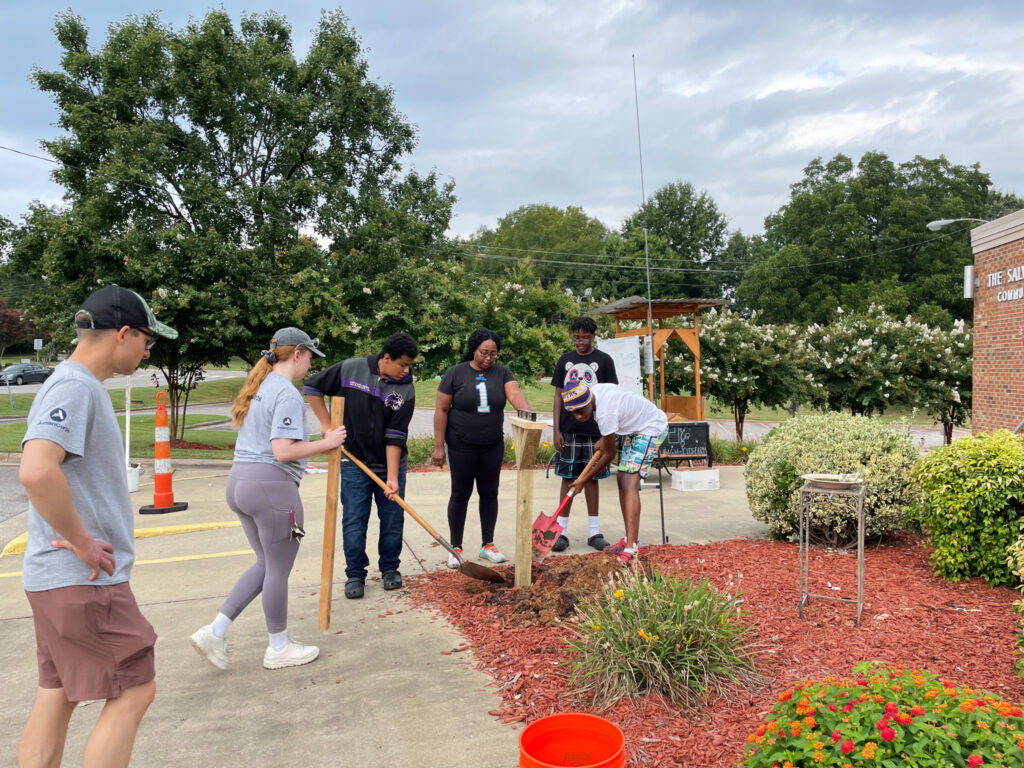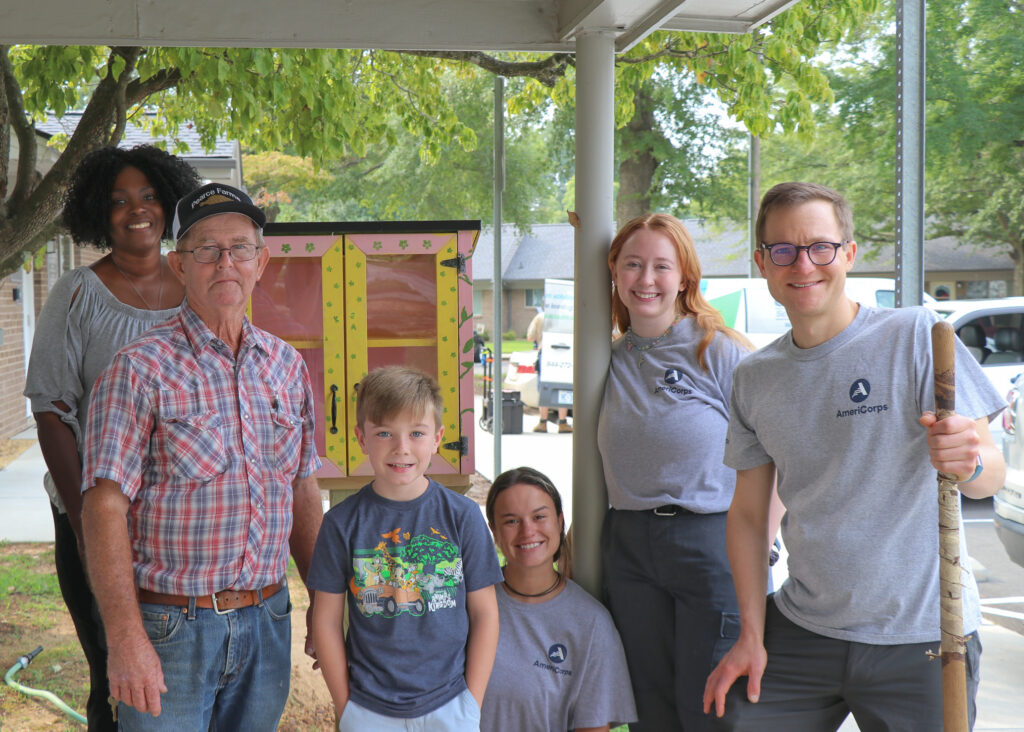Public and Free Food Storage in Wake County
go.ncsu.edu/readext?959937
en Español / em Português
El inglés es el idioma de control de esta página. En la medida en que haya algún conflicto entre la traducción al inglés y la traducción, el inglés prevalece.
Al hacer clic en el enlace de traducción se activa un servicio de traducción gratuito para convertir la página al español. Al igual que con cualquier traducción por Internet, la conversión no es sensible al contexto y puede que no traduzca el texto en su significado original. NC State Extension no garantiza la exactitud del texto traducido. Por favor, tenga en cuenta que algunas aplicaciones y/o servicios pueden no funcionar como se espera cuando se traducen.
Português
Inglês é o idioma de controle desta página. Na medida que haja algum conflito entre o texto original em Inglês e a tradução, o Inglês prevalece.
Ao clicar no link de tradução, um serviço gratuito de tradução será ativado para converter a página para o Português. Como em qualquer tradução pela internet, a conversão não é sensivel ao contexto e pode não ocorrer a tradução para o significado orginal. O serviço de Extensão da Carolina do Norte (NC State Extension) não garante a exatidão do texto traduzido. Por favor, observe que algumas funções ou serviços podem não funcionar como esperado após a tradução.
English
English is the controlling language of this page. To the extent there is any conflict between the English text and the translation, English controls.
Clicking on the translation link activates a free translation service to convert the page to Spanish. As with any Internet translation, the conversion is not context-sensitive and may not translate the text to its original meaning. NC State Extension does not guarantee the accuracy of the translated text. Please note that some applications and/or services may not function as expected when translated.
Collapse ▲In June 2023, 50 youth between ages 13-18 joined the annual Youth Food Security Summit led by the Wake County Food Security AmeriCorps VISTA Program and supported by 35 adult volunteers from partnered organizations. The Summit includes youth in the conversation of food security, teaching skills and knowledge necessary to contribute to work in local food systems and provides age-appropriate explanation of food security, as well as hands-on activities and lessons.
The Summit was coordinated by former VISTA member Elizabeth Eichen. She explains, “In the afternoon, youth painted four mini-pantries. The attendees were given free range, as long as their designs remained appropriate.”
A micro or mini pantry is a public and free storage of food. Pantries are often made out of recycled furniture such as cabinets, bookshelves, and even lockers. Pantries operate on a ‘take and give what you can basis’, similar to Little Community Libraries. This means that local communities are directly responsible for keeping them well stocked. Because these pantries are unrefrigerated and often outside, all donated food must be shelf stable. Micro-pantries are often stocked with canned food, bottled water, and packaged snacks. Each pantry:
- can hold 42 full sized cans with room
- is approximately 25 lbs. when empty
- comes with two plexiglass windowpanes and a magnetic door latch
Two of the mini-pantries sponsored by the 2023 Youth Food Security Summit were installed by our 2022-23 AmeriCorps VISTA cohort in August. The remaining pantries will be installed by our new 2023-24 cohort at a child daycare and community garden in the fall.






